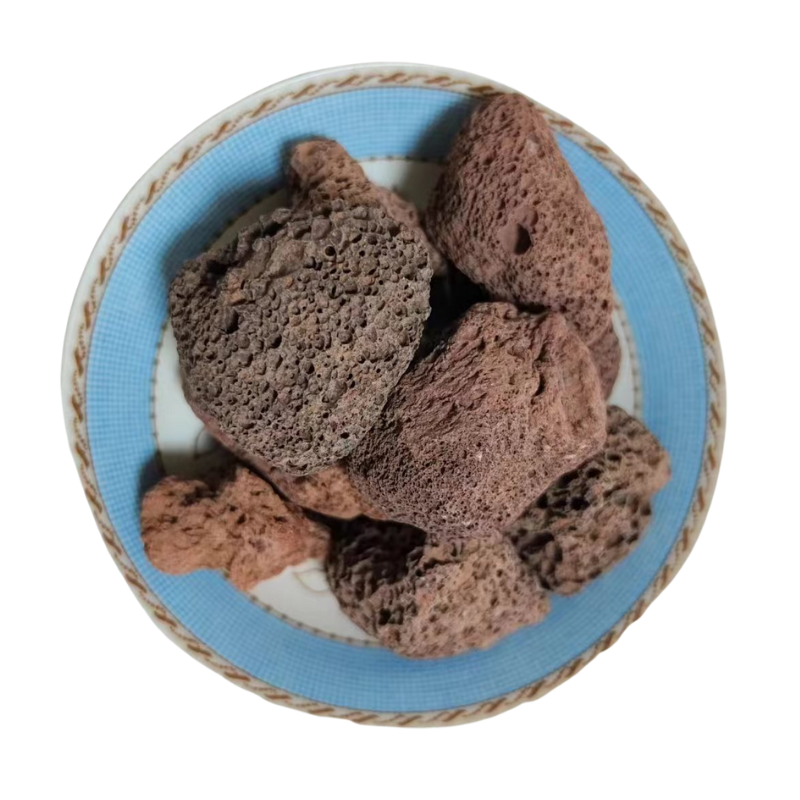
Properties and Applications of Moisture-Enhanced Bentonite Clay in Various Industries
The Benefits and Uses of Hydrated Bentonite Clay
Hydrated bentonite clay, a natural and versatile material, has gained widespread popularity in various industries due to its unique properties. This fine-grained sedimentary rock, primarily composed of montmorillonite, is formed from volcanic ash over millions of years. With its exceptional ability to absorb water and swell, hydrated bentonite clay has numerous applications ranging from beauty products to environmental remediation.
One of the most prominent uses of hydrated bentonite clay is in the cosmetic industry. It's often incorporated into face masks and skin care products due to its detoxifying properties. The clay effectively draws out impurities, excess oil, and toxins from the skin, making it an excellent option for individuals with oily or acne-prone skin. When applied as a mask, it can also help improve skin texture, minimize the appearance of pores, and promote a smoother complexion. Many consumers appreciate its natural origin, opting for clay-based products over synthetic alternatives.
In addition to its cosmetic benefits, hydrated bentonite clay is used in various pharmaceutical applications. It acts as a thickening agent in creams and ointments, enhancing their consistency and stability. Furthermore, its adsorbent properties make it useful in treating gastrointestinal issues, serving as a natural remedy for diarrhea and other digestive disorders. When ingested, hydrated bentonite clay can bind to toxins and harmful substances in the gut, reducing their impact on the body.
hydrated bentonite clay

The construction industry also recognizes the importance of hydrated bentonite clay. It is commonly used in drilling fluids for oil and gas exploration, where it aids in lubricating the drill bit and stabilizing the borehole. Additionally, its swelling properties make it ideal for use as a sealing material in landfills and waste containment systems. In this context, hydrated bentonite clay acts as a barrier, preventing leachate from contaminating groundwater sources.
Environmental applications extend further, as hydrated bentonite clay is increasingly utilized in remediation projects to address soil and water contamination. Its ability to absorb heavy metals and organic pollutants renders it effective in cleaning up industrial sites and landfills. By encapsulating these harmful substances, hydrated bentonite clay helps protect ecosystems and restore contaminated environments.
Moreover, the agricultural sector has discovered the advantages of incorporating hydrated bentonite clay into soil management practices. It enhances soil structure, improves water retention, and promotes better aeration, leading to more robust plant growth. Farmers use it to combat soil erosion and improve nutrient retention, making it a valuable asset in sustainable farming practices.
In conclusion, hydrated bentonite clay stands out as a multifunctional material with a wide array of applications across various industries. From skincare to environmental remediation, its unique properties make it an invaluable resource. As consumers continue to seek natural and effective solutions, the demand for hydrated bentonite clay is likely to grow, offering numerous benefits for health, beauty, and the environment. Whether used in personal care products or ecological projects, hydrated bentonite clay exemplifies the power of nature in addressing modern challenges.
Share
-
Premium Pigment Supplier Custom Solutions & Bulk OrdersNewsMay.30,2025
-
Top China Slag Fly Ash Manufacturer OEM Factory SolutionsNewsMay.30,2025
-
Natural Lava Rock & Pumice for Landscaping Durable Volcanic SolutionsNewsMay.30,2025
-
Custom Micro Silica Fume Powder Manufacturers High-Purity SolutionsNewsMay.29,2025
-
Custom Mica Powder Pigment Manufacturers Vibrant Colors & Bulk OrdersNewsMay.29,2025
-
Custom Micro Silica Fume Powder Manufacturers Premium QualityNewsMay.29,2025






